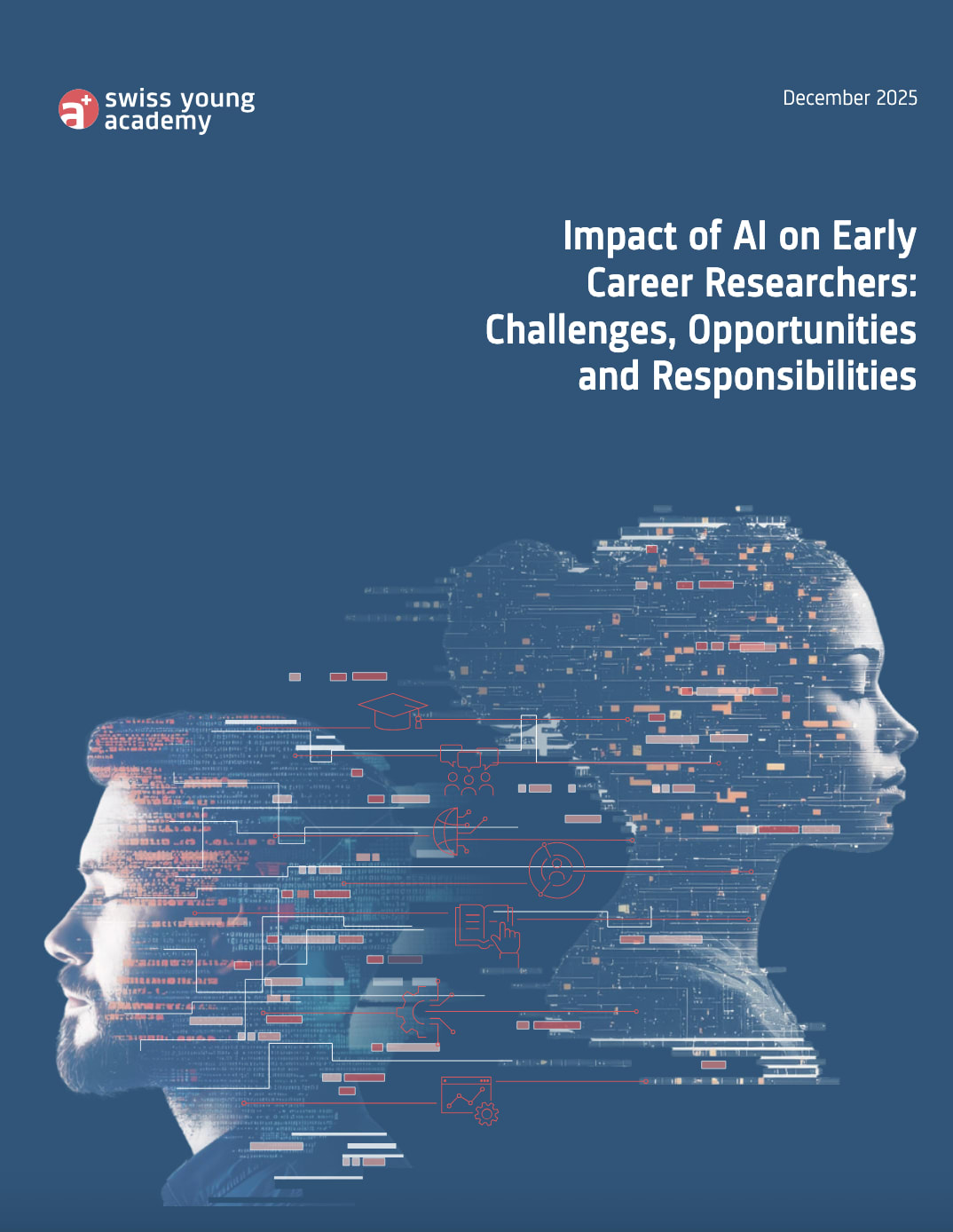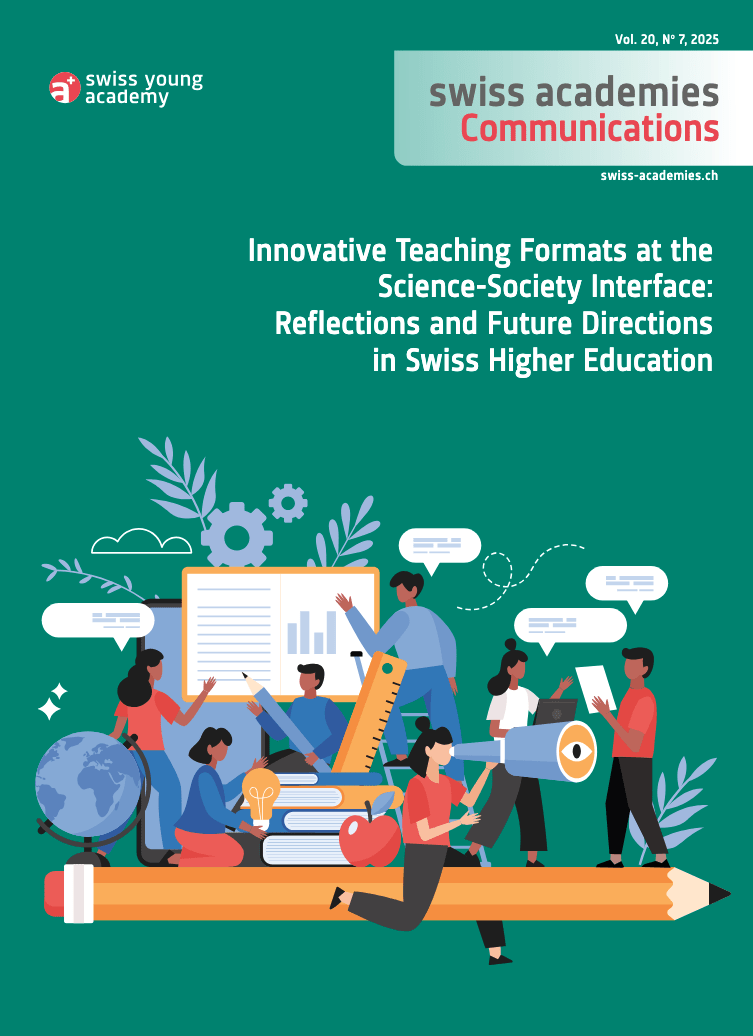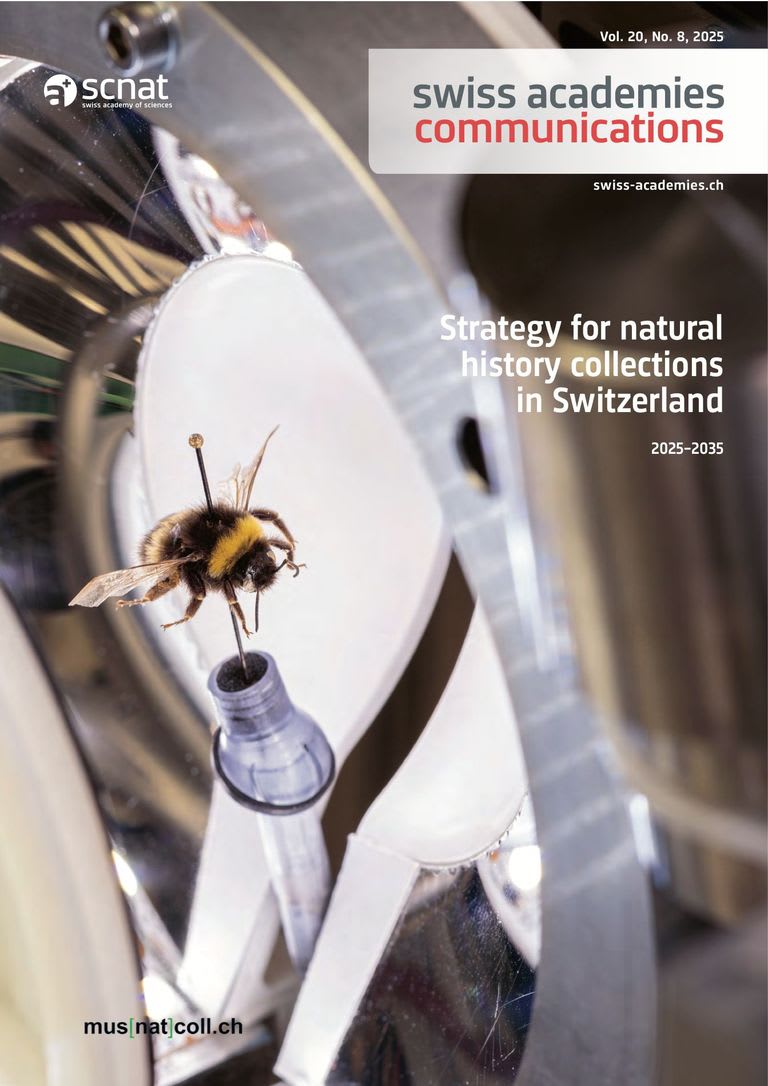Swiss Academy of Sciences SCNAT
Tackling climate change and biodiversity loss jointly
Climate change and biodiversity loss pose threats to humankind. As these two crises are interlinked and mutually reinforcing, they also need to be tackled jointly. This requires multiple coordinated approaches as well as systemic thinking and action. Measures to combat climate change and biodiversity loss can be mutually supportive; however, if they are not coordinated, there is a risk that the crises may be intensified as a result of unintended effects and conflicts arising from competing goals. The most effective measures are those which address the root cause of both crises – our unsustainable way of life – and involve a fundamental shift towards sustainable resource consumption that respects planetary boundaries. Both at home and abroad, Switzerland is a higher-than-average contributor to both of these crises – but it is also significantly affected by the impacts. In addition to having a major international responsibility, it is therefore very much in Switzerland’s own interest to play a pioneering role in efforts to protect the climate and biodiversity.
Ismail SA, Geschke J, Kohli M et al. (2021) Tackling climate change and biodiversity loss jointly. Swiss Academies Factsheet 16 (3). DOI: 10.5281/zenodo.5145162




